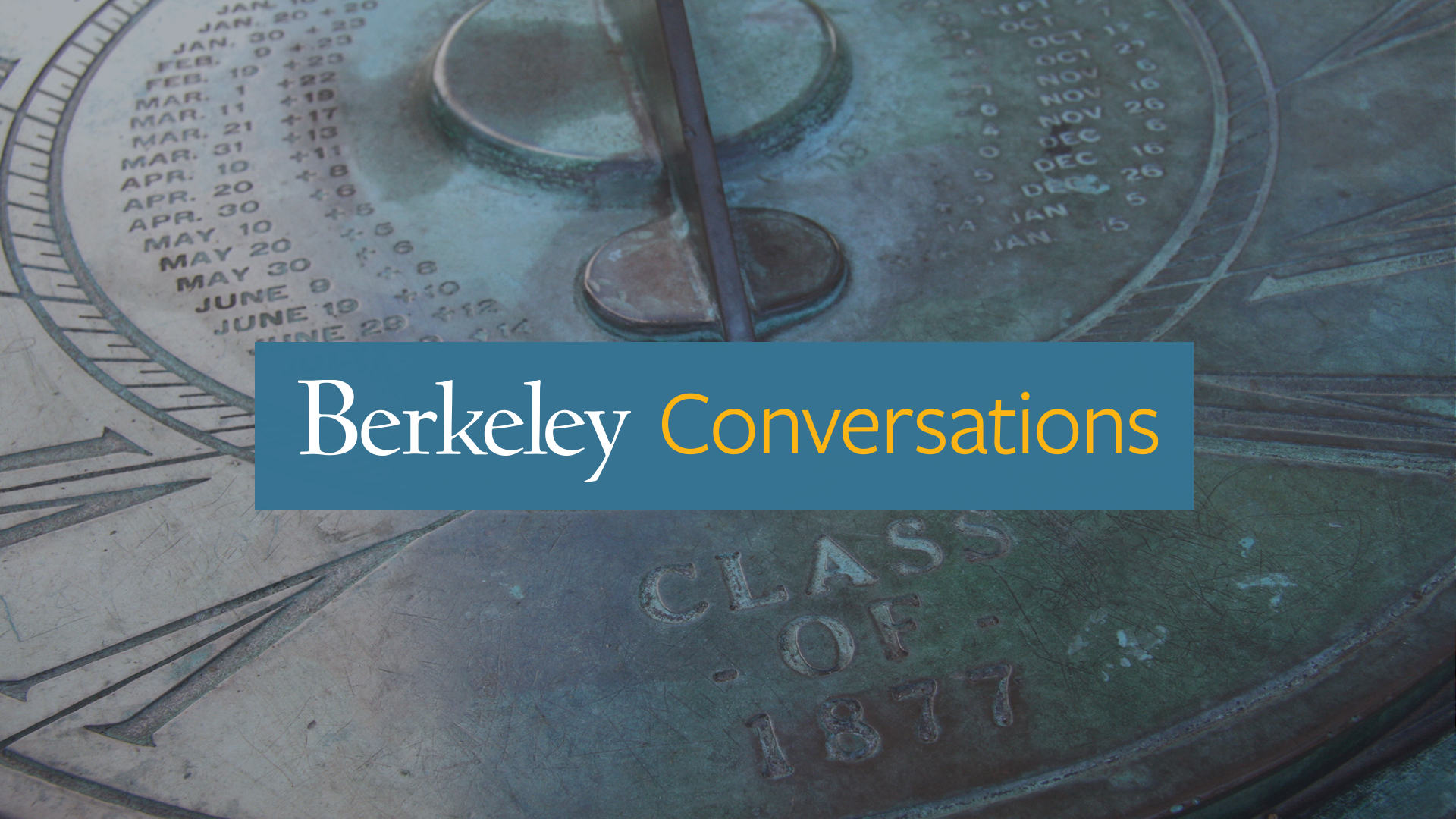COVID-19: California poll findings and what they mean for our future
Experts discuss the largest survey of Californians to date regarding opinions and attitudes related to COVID-19

May 27, 2020
When asked to describe the most surprising finding of a UC Berkeley IGS Poll that asked 8,800 California registered voters about COVID-19, associate professor G. Christina Mora had a clear answer.
The sociology expert and co-director of the Institute of Governmental Studies (IGS) said that, while she expected to see differences in how racial and economic groups were feeling the effects of the pandemic, she did not expect the differences would be so extreme.
Mora and a panel of other UC Berkeley experts discussed the findings of the poll, which was sponsored by IGS conducted April 16-20 in both English and Spanish, and what the findings portend for the rest of 2020 during a Berkeley Conversations: COVID-19 live online video event.
Mora pointed to results showing that, even though racial and ethnic minorities suffer economic hardships created by the pandemic, they are the least likely to want shelter-in-place orders to lift quickly.
“Even though minorities carried much more of the economic burden of COVID-19, they weren’t necessarily quick to want to get the economy restarted and opened up again, in part, because they shoulder so much of the health risk,” Mora said.
The poll also asked questions about California farmworkers, another population vulnerable to COVID-19.
Public health professor Hector Rodriguez, director of the California Initiative for Health Equity and Action (Cal-IHEA), a co-sponsor of the poll, noted there was broad, cross-partisan support from California voters for farmworkers to receive paid sick leave, medical benefits and full replacement wages if they fall sick with the coronavirus.
Surprisingly, he said, the poll showed that voters with the weakest support for those protections reside in the Central Valley and Inland Empire and have the greatest contact with farmworkers.
Looking to the political landscape, political science professor Eric Schickler, co-director of IGS, noted that the “the most striking findings (of the poll) had to do with partisan polarization.”
For instance, voters’ views on President Donald Trump were the most powerful predictor of their attitudes about COVID-19.
“Ninety percent of those who disapprove of President Trump are more concerned about shelter-in-place ending too soon, and fewer than 10% worry that it will go for too long; whereas, we see basically the reverse among Trump supporters,” Schickler said.
Trump supporters are also less worried about contracting COVID-19 and less likely to believe in the efficacy of mask-wearing and social distancing for countering the epidemic, he said.
The panelists agreed that the pandemic also creates an opportunity for significant change.
Mora said that, as COVID-19 takes an economic toll across economic and racial groups, “we have an opportunity to devise a new normal” and to chart a way out of existing inequalities.
“We need a new blueprint,” she said.